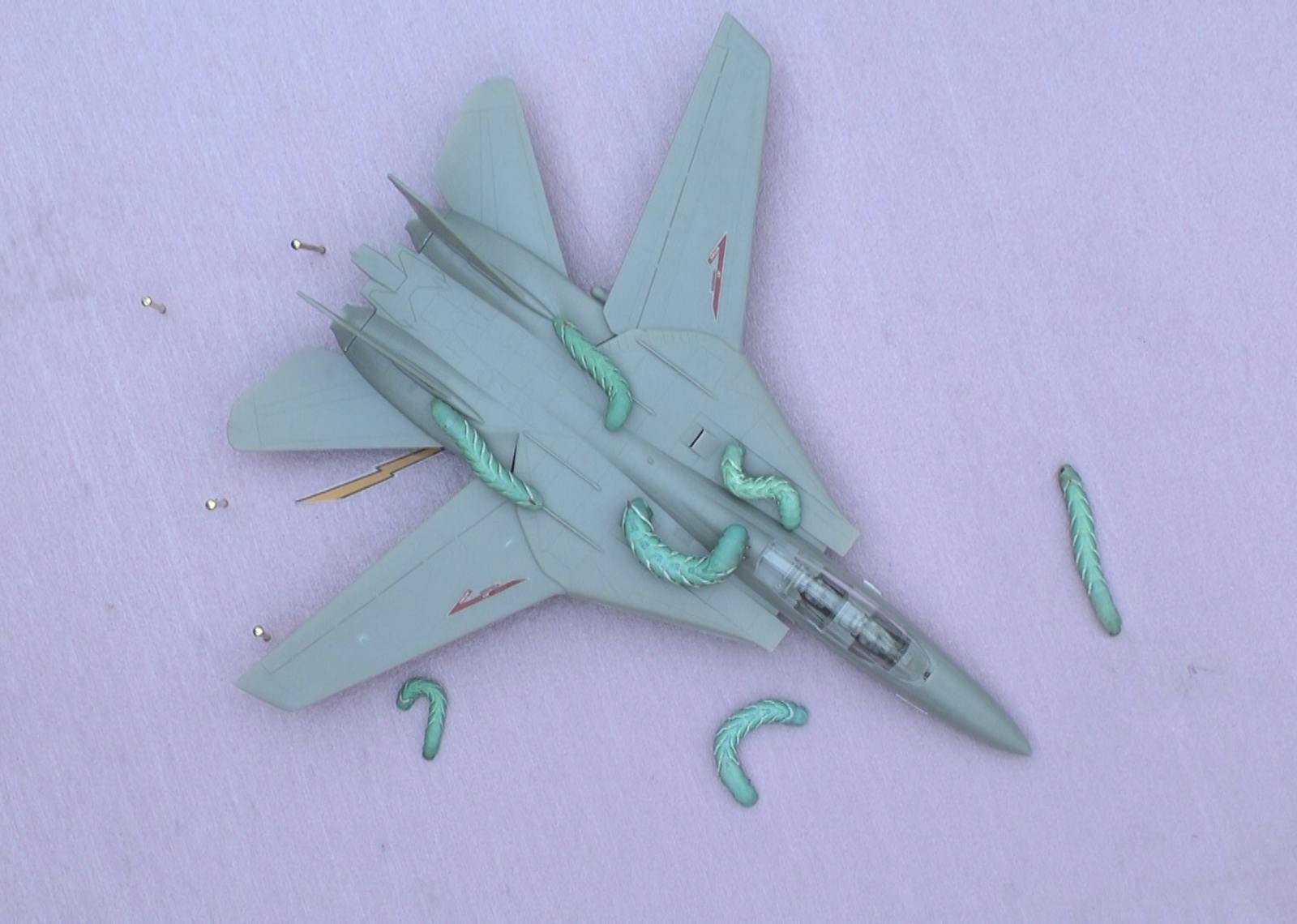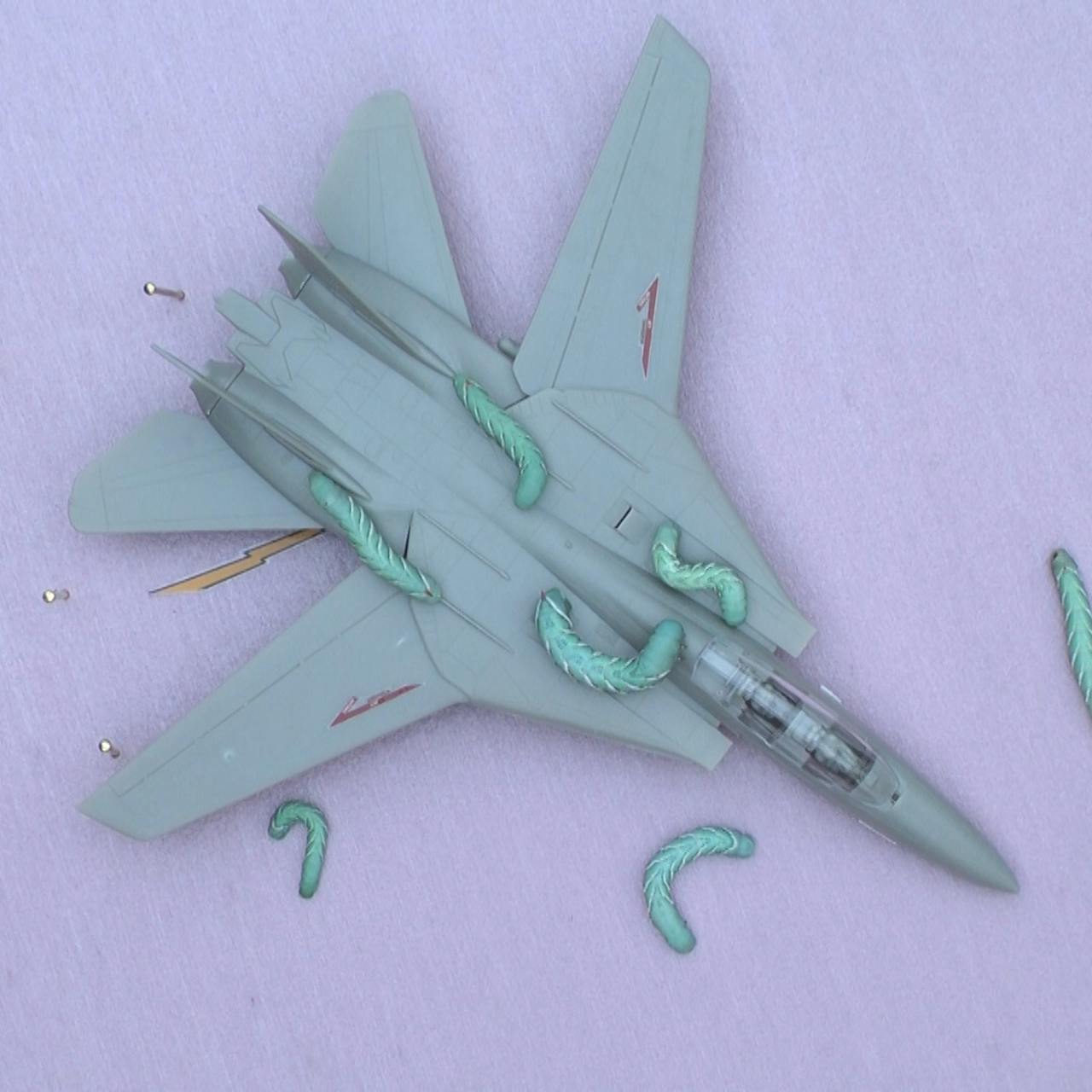Grub Economics
METAMORPHOSIS


The Institute of Queer Ecology
Metamorphosis is a nature show that undoes assumptions about the world and our place in it. Treating humanity’s systems like little bugs, in Grub Economics, the Institute of Queer Ecology along with Mykki Blanco map a proposal for a post-human, post-fossil fuel future.
There is a myth that nature can always right itself to a state of equilibrium, that all slight deviations will eventually correct themselves back to the status quo. This misunderstanding of ecological interconnectedness has been warped by many, not just as it relates to the so-called environment, but even to the ends of “scientific” racism or classism.
These beliefs have relied on a half-reading of Darwin, whose evolutionary theories relied in no small part on a notion of constant competition. We need a new understanding of nature that would go beyond competition to recognize queer relations like symbiosis and co-evolution as necessary for collective survival. And, while this myth led early environmental movements to focus on a fabled balance, perhaps the only constant is change, even chaos.
While we talk often of evolution in ecosystems, we don’t talk so much of revolutions. But all revolutions—even human political ones—take place in the sphere of biology. What would today’s ecological revolution look like?
Currently, the global economic order is in a sort of larval stage. Like hungry caterpillars, capitalists unyieldingly extract and extract. They’re grubs thriving on a petromodernity that manufactures products known to be toxic while supporting a system that needs those toxic things, all the while perpetuating extreme economic stratification.
To cope with the danger of planet-warming greenhouse gas pollution of our extractive, capitalist world, some of the more privileged—primarily scientists and technocrats from the global north—have proposed large-scale geoengineering projects, like releasing massive amounts of sulfur dioxide, essentially intentional pollution, that would act as a shield to help cool the planet. Or, perhaps, like a smokescreen to prevent us imagining other ways of changing our world, such as fundamentally rethinking the economic order, and liquidating assets to redistribute our resources to create something more just and all together new.
